- Thousands of African nationals currently live in India, some enticed by New Delhi’s conscious effort to attract students and medical tourists
- But from being denied housing to being called the N-word in the street, many say they face racism everyday in a society where it seems deeply ingrained
7 Jun, 2020 SCMP
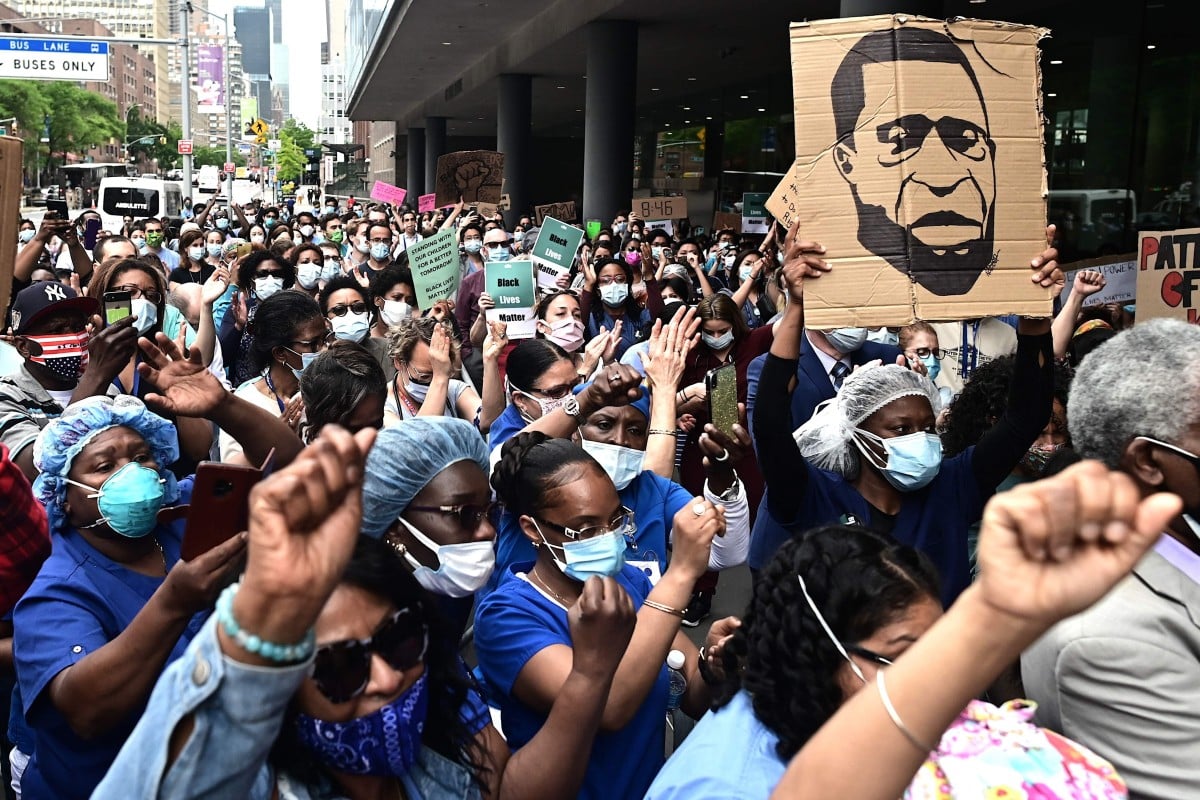
The killing of George Floyd, a 44-year-old black man, by police in the US city of Minneapolis has sparked massive protests against systemic racism in the US and Europe. In India too, there has been an outpouring of online support for the Black Lives Matter movement.The graphic video showing a handcuffed Floyd unable to breathe while pinned to the ground by three police officers immediately went viral on Indian social media. Everyone from Bollywood stars to politicians began tweeting against police brutalities in the United States.But this unprecedented support for the fight against racism from Indians, although heartening, just isn’t enough for the students and others of African origin living in India, who face blatant racism in their everyday lives.
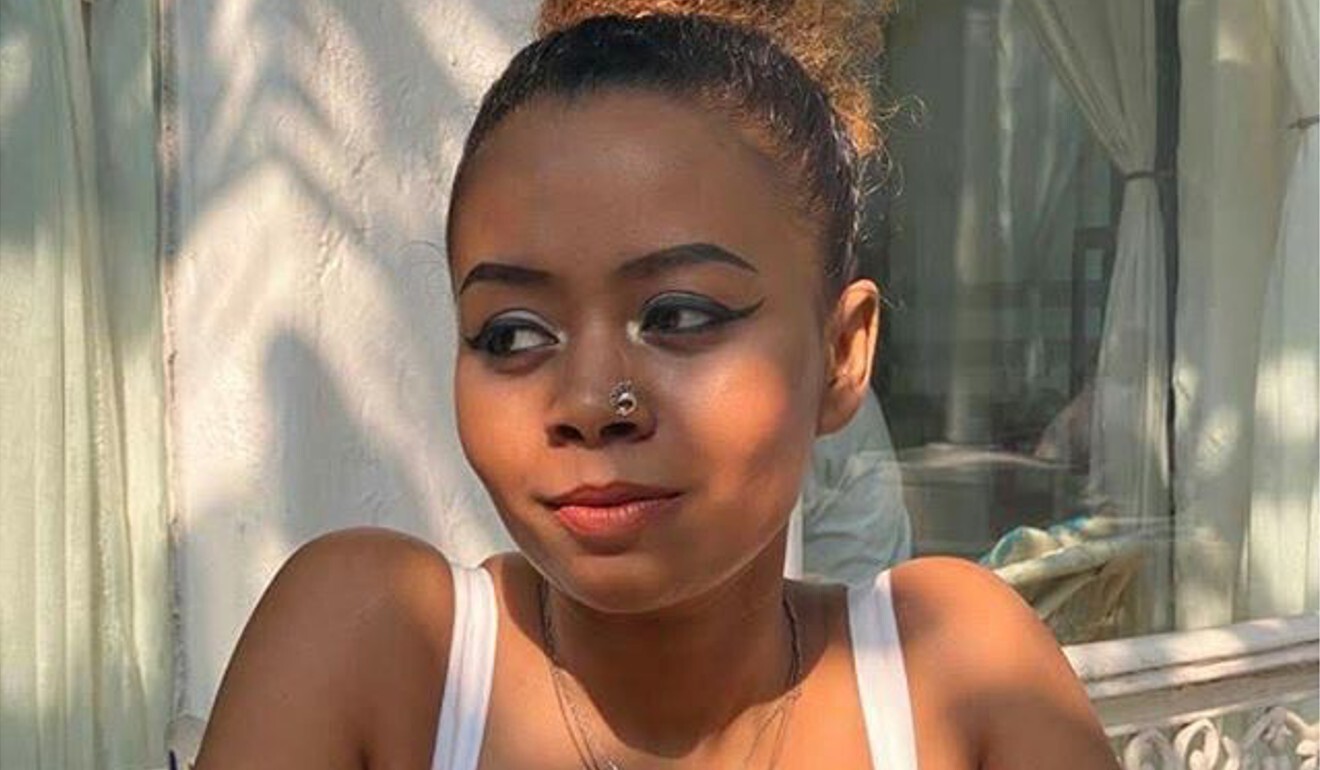
Mariyam Nuh, a Sudanese-Indian worker at a multinational firm in New Delhi, says that in her experience, racism has seemed so ingrained in Indian society that it is virtually not even acknowledged.
The 24-year-old recounts innumerable incidents when she has been harassed on the street and called a “negro”. “Every time I step out of the house, the police look at me like I’m a drug dealer or a prostitute looking to expand business,” she said.
Nuh, born to a Sudanese father and Indian mother, moved to India as a young child. She believes racism in India is not systemic, but mostly stems from cultural stereotypes and ignorance. Still, it is very real, she said.CORONAVIRUS UPDATEGet updates direct to your inboxSUBSCRIBEBy registering, you agree to our T&C and Privacy Policy
“I get very scared at police check posts. I have noticed my cab is always stopped once they take a good look at me,” Nuh said, adding that she makes sure to carry a government identification card at all times, even on the way to the office.
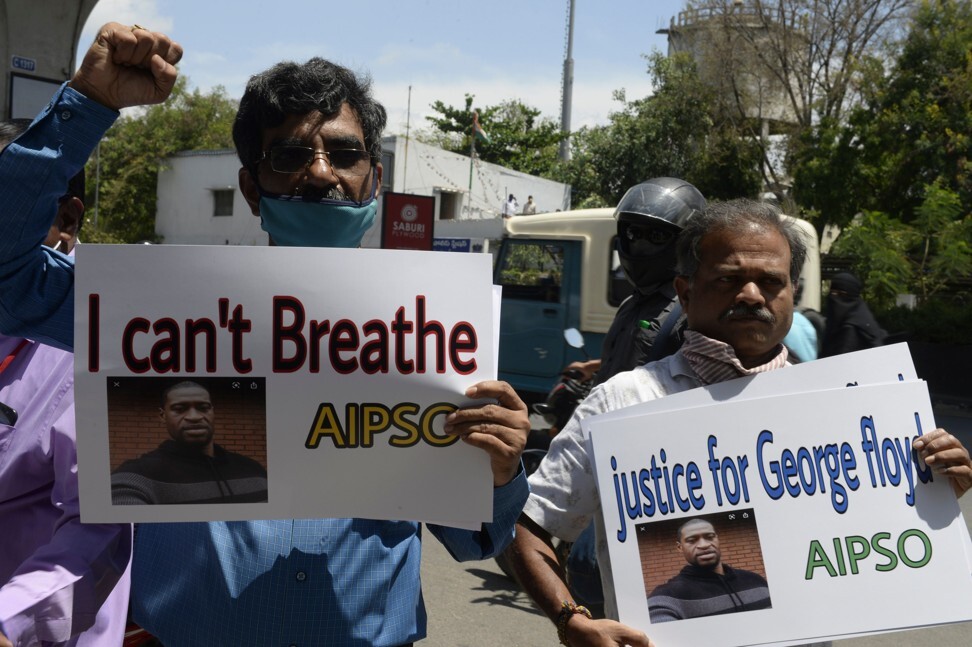
Thousands of African nationals currently live in India. In recent years, New Delhi has made a conscious effort to attract them to the country’s universities and affordable medical facilities. But blatant racism, resulting in serious violence on several occasions, has put a serious dent in these efforts.
Examples of this include a Nigerian living in Delhi who was beaten up by a mob in 2019 after being accused of getting into an altercation with a police officer; a Tanzanian girl who was stripped and beaten in the southern city of Benguluru in 2016; and a racist attack on three Nigerians in Hyderabad that same year.
We are seen as criminals who peddle drugs and eat humans Ballary John, Nigerian student in India
Ballary John, a Nigerian national who came to India with his uncle five years ago, told of how his impressions of the country changed after he made the decision to stay and study business management at a university in Delhi.
At the hospital in Gujarat where his uncle was undergoing treatment, “we were paying money, and so everyone around was nice to us”, he said, “but when I moved to Delhi I was quickly made conscious of my skin colour”.
He says most of the Indian students kept their distance from him and the few other African students that were at the university. “Others who talked to us kept throwing the N-word [around] like it was something really cool to say,” he said. “It angered and disgusted me but I played along.”
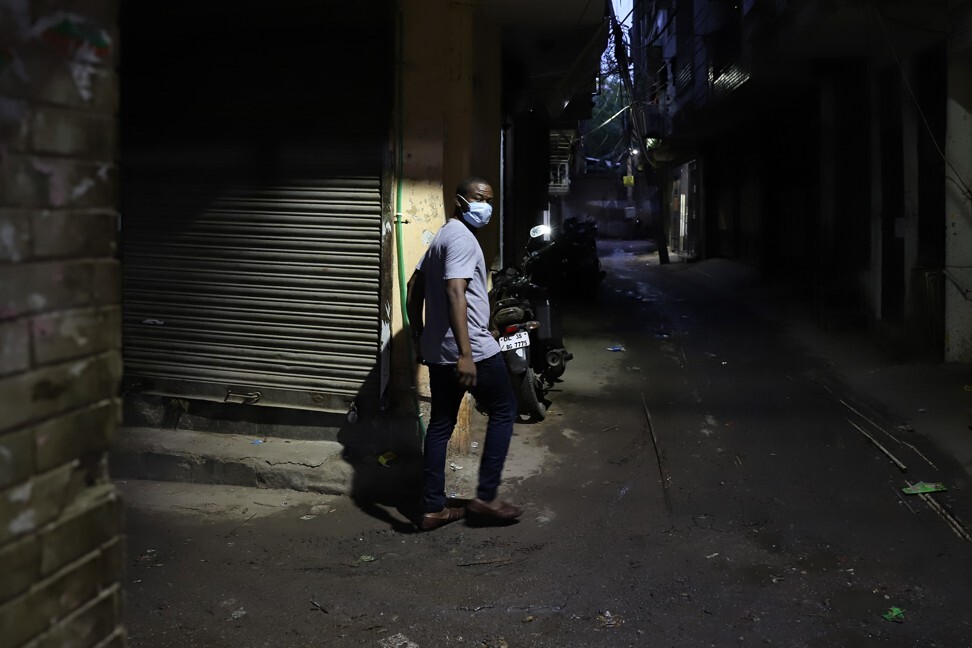
This was not the only problem that Ballard, who now speaks fluent Hindi, had to face. When he and some fellow African students tried to rent a house close to the university, the owner outright refused.
“We had paid a broker to help us find a place. He took us to see a flat which we liked. We immediately paid him the advance. But when the house owner came to meet us, he immediately started making excuses to not rent to us. He told us he had already rented the place out,” Ballary said.
This would be but the first of a series of similar rejections, and after months of searching, Ballary and his friends eventually took a flat in Khirki Extension, a poor and unplanned Delhi neighbourhood of mazelike concrete buildings where many African nationals live. Although it was far from their university and would require them to travel for hours every day, they had no choice.
“Renting a house in India for African nationals is very difficult. We are seen as criminals who peddle drugs and eat humans,” he said, in reference to a conspiracy theory in India about people from Africa being cannibals.
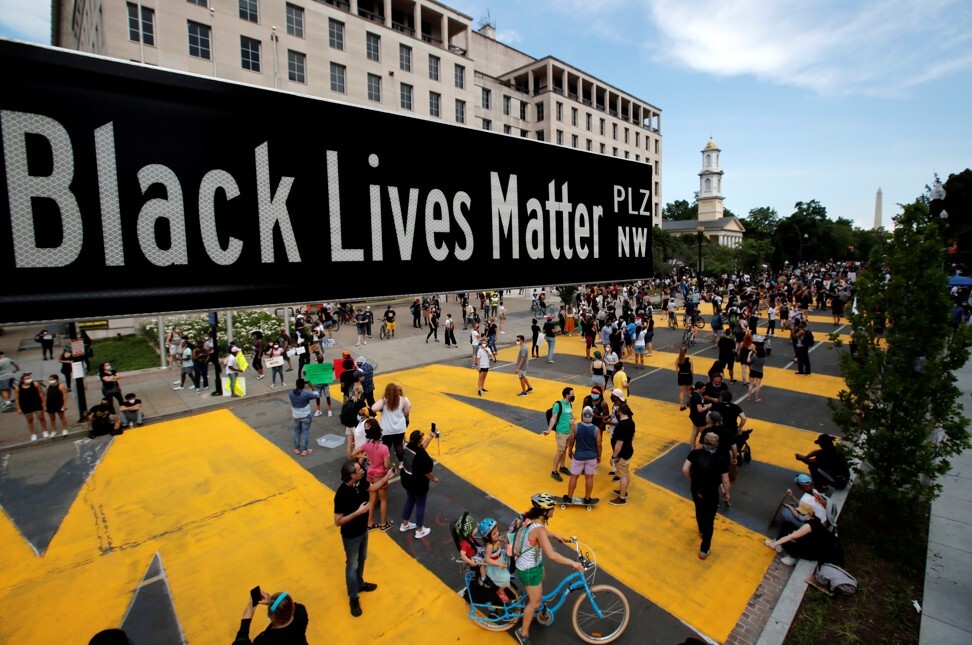
Bosco Kaweesi, president of the Pan African Federation and Students Union India, has sought to forge a strong community network for African students living in India to counter some of the countless incidents of blatant racism he said his organisation has come across over the years.
Up until recently, African nationals unable to get their student visas renewed would be arrested by Indian police and then deported without having a chance to complete their degrees.
“We have tried to resolve these issues by working closely with the government authorities. But [there’s] so much more that needs to be done, in terms of general awareness among the public. Until that happens it’s not going to change,” he said.
For Ballary, although he says he loves Indian culture – Bollywood especially – he says he wouldn’t recommend India to other African students because of the racism they will undoubtedly face.
“Everyone I know has a similar story,” he said. “The truth is if you are white man in this country, every door will open up for you. But if you are black, you will not find any job, and most likely, you will face some kind of traumatic experience.”
Black Lives Matter protests sweep the globe after police killing of George Floyd in USThis article appeared in the South China Morning Post print edition as: africans facing ‘Blatant’ racism daily in india
